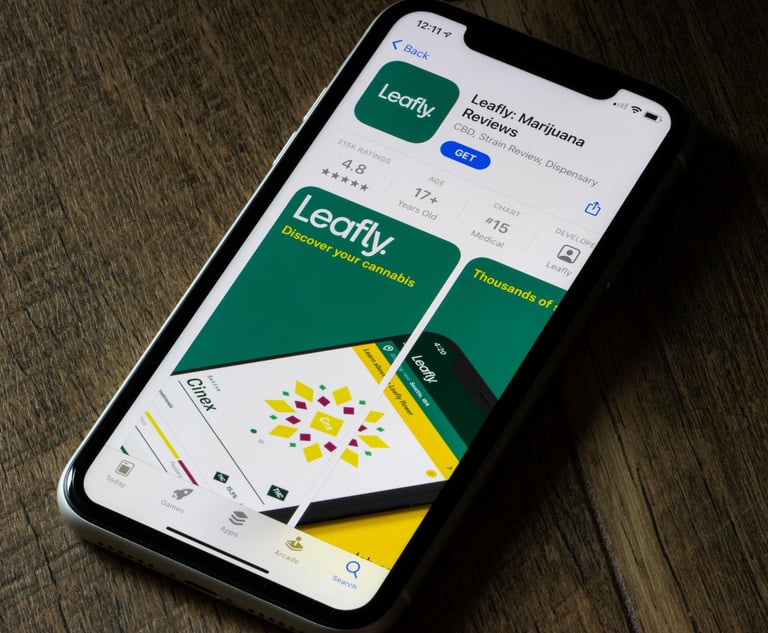Welcome back to Ahead of the Curve. I’m Karen Sloan, legal education editor at Law.com, and I’ll be your host for this weekly look at innovation and notable developments in legal education.
This week I’m focused on the Caselaw Access Project, a massive, free online database of U.S. case law created by the Library Innovation Lab at Harvard Law School. Next up is a look at the controversy that cropped up around a planned lecture by Ken Starr at the University of New Mexico School of Law. And I’ve compiled some interesting stories you may have missed, including a look at Campbell University Law’s new seven-person conference bike. Read on!









